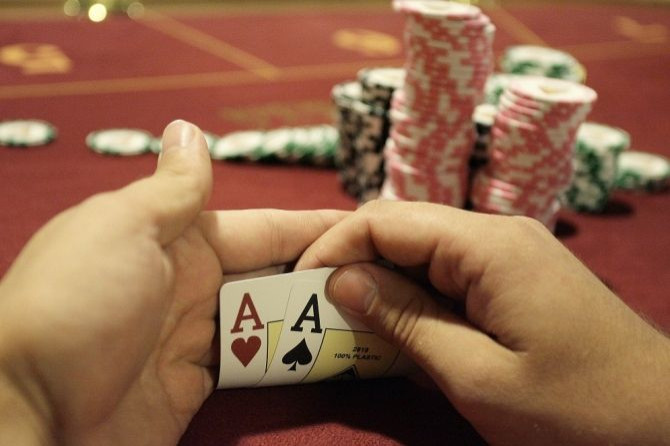Cheating Triggers a Natural "High" More Powerful Than Conscience or Profit

Contrary to popular belief that bad behavior leads to a guilty conscious, a new comprehensive report has found that cheating actually triggers a natural 'high'.
Scientists found that purposely breaking the rules doesn't result in negative feelings, but instead produces what has been dubbed the "cheater's high."
Researchers from the University of Washington, London and Harvard business schools and the University of Pennsylvania conducted a series of five studies into how cheaters feel about their actions.
Participants were asked to take a series of word and number tests which allowed them to grade their own performance.
In one of the tests, researchers asked 179 people to solve anagrams and told participants that they would be paid $1 for every one they solved.
At the end of the test when participants were given answer sheets and told to correct themselves, more than 40 percent of people added to their sheets after seeing the answers.
Researchers then asked participants a series of questions about their mood after the test, and found that those who cheated reported being happier and more excited that those who had not cheated.
In a similar test that had no financial incentive, researchers revealed that a similar number of people still cheated, suggesting that it was the psychological rush, rather than money that motivated cheating behavior.
"We propose that although many individuals believe that engaging in unethical behavior will result in increased negative affect, acting dishonestly predictably triggers positive feelings," study authors concluded.
Researchers said that the findings were disturbing because there is a general belief that guilt prevents cheating, but results from the latest research suggest the opposite: that it is the psychological rush or emotional experience people get from breaking the rules that actually prompts them cheat.
While the recent findings were disheartening researchers said that a person was significantly less likely to cheat when there was a chance that their bad behavior could harm an individual.
Researchers said that the "cheater's high" was especially prevalent in "victimless cheating" or if cheating didn't involve harm that was immediately obvious.
"Our documented pattern of results helps to explain otherwise puzzling unethical behavior, such as the finding that people often cheat even for trivial sums of money," researchers wrote.
Researchers noted that even when suspected of breaking the rules, cheating participants perceived themselves as better off and smarter than their non-cheating counterparts.



























